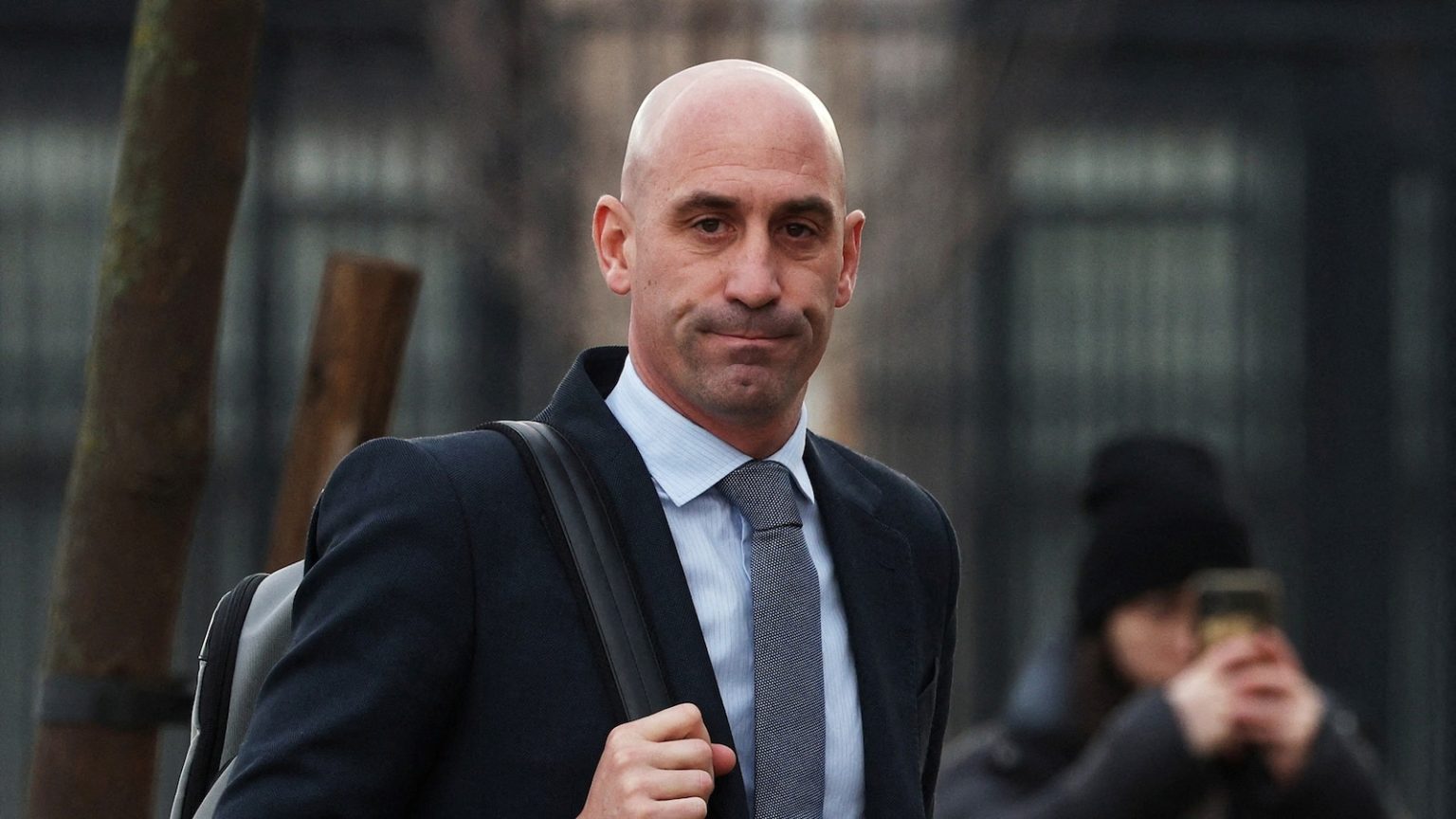The 2023 Women’s World Cup Victory and the Controversy That Followed
The 2023 Women’s World Cup was a historic moment for Spanish football as the national team, La Roja, clinched victory against England in a nail-biting 1-0 match. The triumph marked a seminal achievement for women’s football in Spain, celebrated not just by fans but by the entire nation. However, the jubilation was quickly overshadowed by a deeply troubling incident involving Luis Rubiales, then-president of the Royal Spanish Football Federation (RFEF). During the trophy ceremony, Rubiales was captured on video and in photos forcibly kissing Spanish footballer Jennifer Hermoso without her consent. This act, which Hermoso has repeatedly and publicly denied was consensual, sparked widespread outrage and triggered a national conversation about sexism, consent, and power dynamics in sports.
The Fall of Luis Rubiales and the Aftermath
In the wake of the incident, Rubiales faced immediate backlash. By August 2023, he was suspended from his position, and the controversy led to the resignation of nearly the entire coaching staff of the Spanish women’s national team. Despite the mounting pressure from the Spanish government, players, and football clubs, Rubiales initially refused to step down. However, the untenable situation eventually led to his resignation. FIFA further compounded his downfall by imposing a three-year ban from all football-related activities in October 2023. This decision by FIFA underscored the severity of the allegations and the organization’s commitment to addressing misconduct within the sport.
Jennifer Hermoso’s Courage and the Legal Battle
Jennifer Hermoso, a stellar footballer and key player for Spain, demonstrated remarkable courage in the face of this assault. She not only publicly denied Rubiales’ claim that the kiss was consensual but also pursued legal action. On February 3, 2025, Hermoso appeared in court to testify against Rubiales, who was accused of sexual assault and coercion. Prosecutors argued that Rubiales had not only violated Hermoso’s consent but also caused her significant personal and professional harm. They sought a two-and-a-half-year prison sentence for Rubiales, as well as a fine of at least 50,000 euros ($54,000), and a restraining order to prevent him from contacting or approaching Hermoso within a 200-meter radius.
Broader Implications and Societal Impact
The incident involving Rubiales and Hermoso became a lightning rod for discussions about sexism and consent in Spain and beyond. It highlighted the pervasive issues of misogyny and power abuse that persist in sports and society at large. The case also brought attention to the challenges faced by female athletes in speaking out against abuse, particularly when the perpetrator holds a position of authority. The widespread media coverage and public outcry surrounding the incident demonstrated a growing intolerance for such behavior and a collective demand for accountability.
The Legal Case and Potential Consequences
As the legal proceedings unfolded, Rubiales faced the possibility of more than a year in prison if convicted. In February 2025, he appeared at the National Court in Madrid, where prosecutors presented their case. The court had previously determined that there was sufficient evidence to bring Rubiales and three other former executives of the RFEF to trial. Prosecutors alleged that these executives may have attempted to pressure Hermoso into downplaying the incident or falsely claiming that the kiss was consensual. If convicted, Rubiales and the other defendants would face significant legal consequences, with prosecutors seeking one-and-a-half years in prison for each of the three executives.
A Watershed Moment for Women’s Rights and Sports
The case of Luis Rubiales and Jennifer Hermoso serves as a stark reminder of the ongoing struggles women face in achieving equality and respect, both on and off the field. While the incident overshadowed the historic victory of the Spanish women’s national team, it also galvanized a movement. Players, fans, and advocates across the globe rallied in support of Hermoso, calling for greater protections for women in sports and a零 tolerance policy for misconduct. As the legal process continues, this case has already made history as a watershed moment in the fight for women’s rights and accountability in football. The outcome of this trial will not only shape the future of Spanish football but also send a powerful message about the importance of consent, respect, and equality in all areas of life.















